Education: Teachers
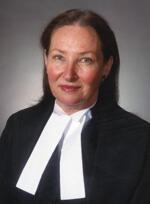
Rosalie Silberman Abella
Rosalie Silberman Abella became Canada’s first Jewish woman judge and youngest ever judge in 1975 at the age of twenty-nine. She headed a ground-breaking 1984 commission which pioneered the theories of equality and discrimination. In 2004 she became the first Jewish woman to sit on the Supreme Court of Canada.
Academia in Israel
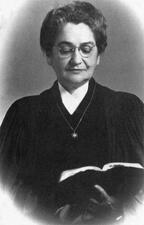
Paula Ackerman
Paula Ackerman took over leadership of her husband’s synagogue after his death in 1950, when the congregation insisted on her appointment. For the next three years, Ackerman was the first woman to serve as religious leader of a mainstream American congregation, helping to pave the way for the ordination of women rabbis twenty years later.

Stella Adler
As an actress, director, and teacher, Stella Adler transformed a generation of American actors. After achieving stardom in films and on stage, Adler traveled to Paris to rethink the possibilities of Method acting with Stanislavsky. She transmitted the new acting techniques to her students and energized a generation of younger actors who shared her passion for the theater.
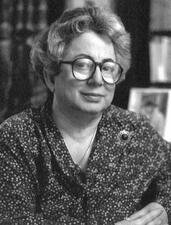
Fay Ajzenberg-Selove
Mildred Elizabeth Levine Albert
Mildred Albert charmed the fashion world as an international fashion consultant, lecturer, columnist, and radio and television personality. She carved a niche for herself in the fashion world as the head of a modeling agency and an inventor of new kinds of fashion shows.
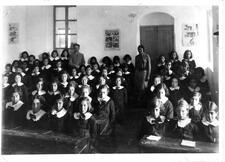
Alliance Israélite Universelle, Teachers of
Founded in 1860 by six French Jewish intellectuals, the Alliance Israélite Universelle set out to teach Jewish children at schools all over the world. The diverse group of teachers in the Alliance carried out the organization’s mission, but its women teachers were particularly impactful in criticizing the leaders’ patronizing attitudes and pushing for female empowerment.
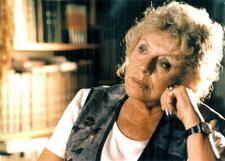
Shulamit Aloni
Shulamit Aloni, Member of the Knesset and Minister, was an important champion of human rights, civil rights, religious freedom, and the Palestinian right to self-determination. As founder and head of the Ratz and then Meretz party, she spearheaded progressive politics in Israel both on the formal level and in civil society for over half a century.
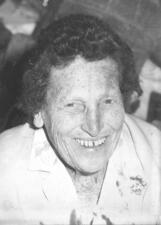
Tikvah Alper
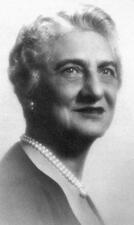
Rose Haas Alschuler
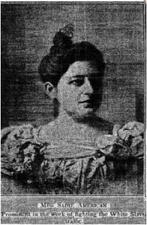
Sadie American
Forceful, dedicated, and brash, Sadie American shaped the National Council of Jewish Women for more than twenty years before resigning and severing all ties with the organization. As one of the Council’s founders, American organized local sections and represented the group nationally and internationally, generally building up the organization.
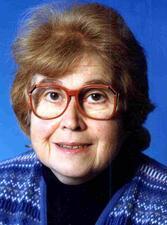
Ziva Amishai-Maisels
Ziva Amishai-Maisels is an Israeli/American art historian whose research on modern Jewish and non-Jewish art and on the impact of the Holocaust on art are an outstanding contribution to the study of art.
Eleanor Antin
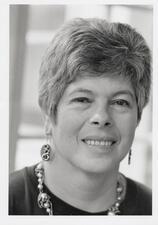
Joyce Antler
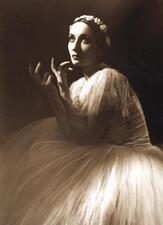
Mia Arbatova
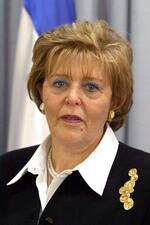
Edna Arbel

Diane Arbus
Diane Arbus changed how the world looks at photographs and how photographs look at the world. Arbus sought out unconventional subjects such as Coney Island freak shows and gay bars, launching her solo career with a first photo essay for Esquire. For many years she remained a cult figure, and it was not until the 1980s that her work came to be generally accepted.
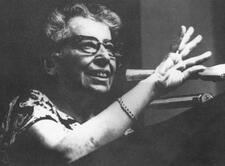
Hannah Arendt
Brilliant and controversial, Hannah Arendt was a German-trained political theorist whose books exerted a major impact on political theory in North America and Europe. The Origins of Totalitarianism (1951) made her an intellectual celebrity in the early years of the Cold War. She was the first woman to become a full professor at Princeton University.
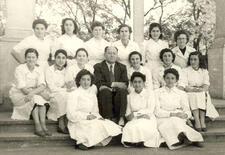
Argentina: Jewish Education
Over the course of the twentieth century, Jewish educational opportunities expanded for girls and teaching as an occupation became a possibility for Jewish women in Argentina. The 1920s saw the first female teachers in Jewish schools, and by the end of the 1950s, seventy percent of teachers were locally-trained women.
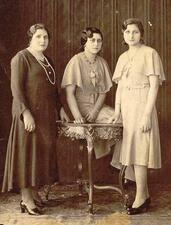
Argentina: Sephardic Women
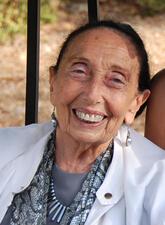
Yehudit Arnon
After surviving the Holocaust and immigrating to Palestine, Yehudit Arnon played an influential role in shaping modern dance in Israel. In 1948 Arnon and her husband helped to smuggle more than 100 orphaned children to Palestine and settled in Kibbutz Ga'aton, where she founded the Kibbutz Contemporary Dance Company.
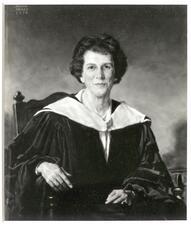
Margaret Gene Arnstein
Margaret Gene Arnstein was a principal architect of the American nursing profession. Her belief that nurses should be involved in health policy and research helped transform her profession. Renowned for her work in public health, Arnstein also advanced nursing education and research.
Dora Askowith
Dora Askowith, author, historian, and college educator, believed that a knowledge of Jewish women’s history would serve as a catalyst for organization, activism, and moral leadership. She taught women at Hunter College for a total of forty-five years and wrote that she was anxious to teach college students Jewish history because they were “poorly versed in the history of their own faith.”
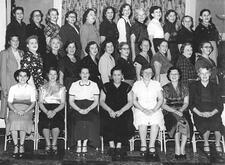
Assimilation in the United States: Twentieth Century
Jewish women assimilating into a changing American society across the twentieth century navigated often conflicting gender roles. As they strove to achieve upward social mobility, they adapted Jewish assumptions of what women, especially married women, should do to accommodate American norms for middle class women. Their collective accomplishments registered in political activism, organizational creativity, strong support for feminism, religious innovation, and educational achievement in the face of antisemitism, stereotypes, and denigration.
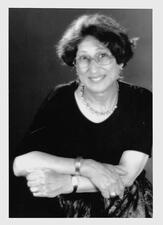
Liliane Atlan
Liliane Atlan (1932-2011) was a post-World War II French Jewish writer whose stylistically innovative plays, poetry, and narratives represent themes rooted in Jewish tradition. In a literary world shattered by the reality of the death camps, Atlan questions Messianic faith, patriarchal values, and humanistic philosophy.


